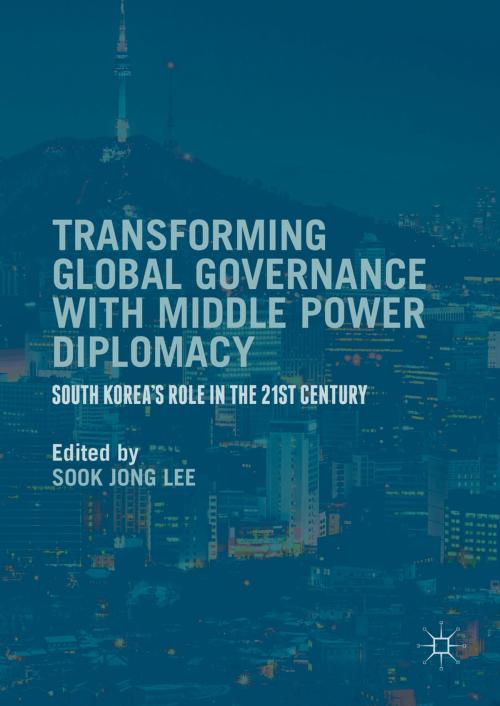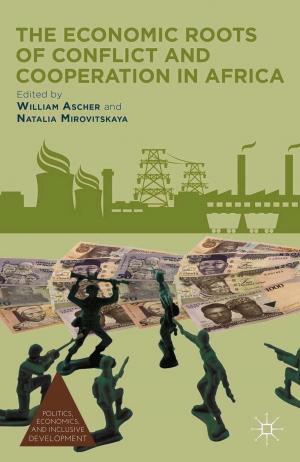Transforming Global Governance with Middle Power Diplomacy
South Korea's Role in the 21st Century
Nonfiction, Social & Cultural Studies, Political Science, International, International Relations| Author: | ISBN: | 9781137593597 | |
| Publisher: | Palgrave Macmillan US | Publication: | June 16, 2016 |
| Imprint: | Palgrave Macmillan | Language: | English |
| Author: | |
| ISBN: | 9781137593597 |
| Publisher: | Palgrave Macmillan US |
| Publication: | June 16, 2016 |
| Imprint: | Palgrave Macmillan |
| Language: | English |
This book examines South Korea’s recent strategic turn to middle power diplomacy, evaluating its performance so far in key areas of security, maritime governance, trade, finance, development assistance, climate change, and cyber space. In particular, the authors pay special attention to how South Korea’s middle power diplomacy can contribute to making the U.S.-China competition in East Asia benefit Korea.
The contributors discuss the opportunities and limits of this middle power diplomacy role, exploring how Korea can serve as a middleman in Sino-Japanese relations, rather than as a US ally against China; use its rich trade networks to negotiate beneficial free trade agreements; and embracing its role as a leader in climate change policy, along with other topics. This book is a must read for foreign policy officials and experts who engage in the Asia-Pacific region, rekindling the academic study of middle powers whose influence is only augmenting in our increasingly networked twenty-first century world.
This book examines South Korea’s recent strategic turn to middle power diplomacy, evaluating its performance so far in key areas of security, maritime governance, trade, finance, development assistance, climate change, and cyber space. In particular, the authors pay special attention to how South Korea’s middle power diplomacy can contribute to making the U.S.-China competition in East Asia benefit Korea.
The contributors discuss the opportunities and limits of this middle power diplomacy role, exploring how Korea can serve as a middleman in Sino-Japanese relations, rather than as a US ally against China; use its rich trade networks to negotiate beneficial free trade agreements; and embracing its role as a leader in climate change policy, along with other topics. This book is a must read for foreign policy officials and experts who engage in the Asia-Pacific region, rekindling the academic study of middle powers whose influence is only augmenting in our increasingly networked twenty-first century world.















